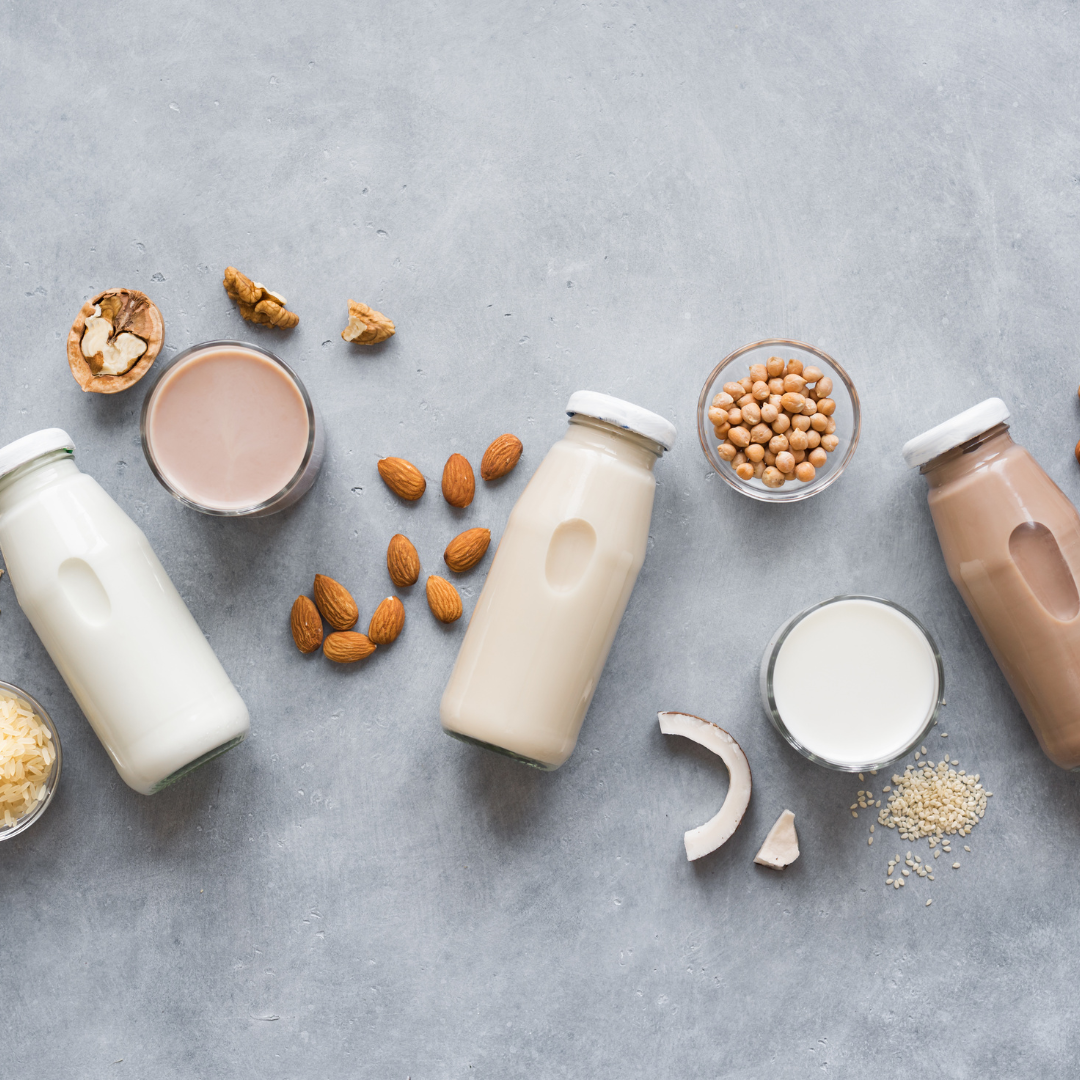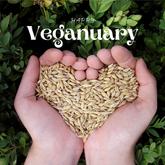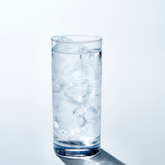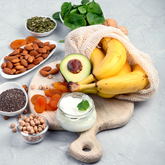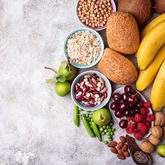Plant-based milk has become increasingly popular in recent years, with options like almond milk, soy milk, and oat milk lining the shelves of grocery stores. However, some people have raised concerns over the use of the term "milk" to describe these plant-based products. In this blog post, we'll take a look at why people call plant-based milk "milk" and address some of the controversy surrounding this terminology.
Historical Use of the Term "Milk"
The term "milk" has historically been used to describe the white liquid produced by mammals like cows, goats, and sheep. However, over time, the term has also been used to describe liquids that resemble milk in texture or appearance. For example, coconut milk and peanut milk have been used in cooking for centuries, even though they do not come from mammals.
Marketing and Consumer Understanding
The use of the term "milk" to describe plant-based products has also been driven by marketing and consumer understanding. When plant-based milk products were first introduced, it was important for them to be labeled in a way that consumers could easily understand. Describing these products as "milk" helped to communicate their intended use as a substitute for traditional dairy milk.

Nutritional Content
Another reason why people call plant-based milk "milk" is that these products are often marketed as having similar nutritional content to dairy milk. Plant-based milks are often fortified with vitamins and minerals to mimic the nutritional profile of dairy milk. For example, almond milk may be fortified with calcium and vitamin D to make up for the nutrients that are naturally found in dairy milk.
Controversy Surrounding the Use of the Term "Milk"
Despite the historical use of the term "milk" to describe non-mammalian liquids and the marketing and nutritional reasons for using the term to describe plant-based products, there has been some controversy surrounding its use. Critics argue that using the term "milk" to describe plant-based products is misleading and could confuse consumers.
Some have argued that the use of the term "milk" could imply that plant-based products are nutritionally equivalent to dairy milk, which is not always the case. Additionally, some argue that using the term "milk" could harm dairy farmers by diluting the meaning of the term and creating confusion among consumers. The use of the term "milk" to describe plant-based products has been driven by historical usage, marketing and consumer understanding, and the nutritional content of these products. While some have raised concerns about the use of the term, it remains widely used and accepted in the marketplace.

Unrelated terms are often used to describe products in the marketplace. This is not unique to plant-based milk, as other foods and products may also use terms that are not directly related to their origins or ingredients. For example, veggie burgers, which do not contain meat, are labeled as "burgers" to indicate their use as a substitute for traditional meat-based burgers. Describing these products as "milk" helped to communicate their intended use as a substitute for traditional dairy milk. And just like how we call fluffy cotton candy "cotton candy" even though it's made of sugar, we call plant-based milk "milk" even though it's made from plants. Ultimately, it is up to consumers to carefully read labels and understand the ingredients and nutritional content of the products they purchase.

Plant milk can now be made in three minutes at the touch of a button. If you’re interested in making plant-based milk at home, consider trying the Milky Plant machine. It's a kitchen appliance that can make plant-based milk in just three minutes at the touch of a button!









